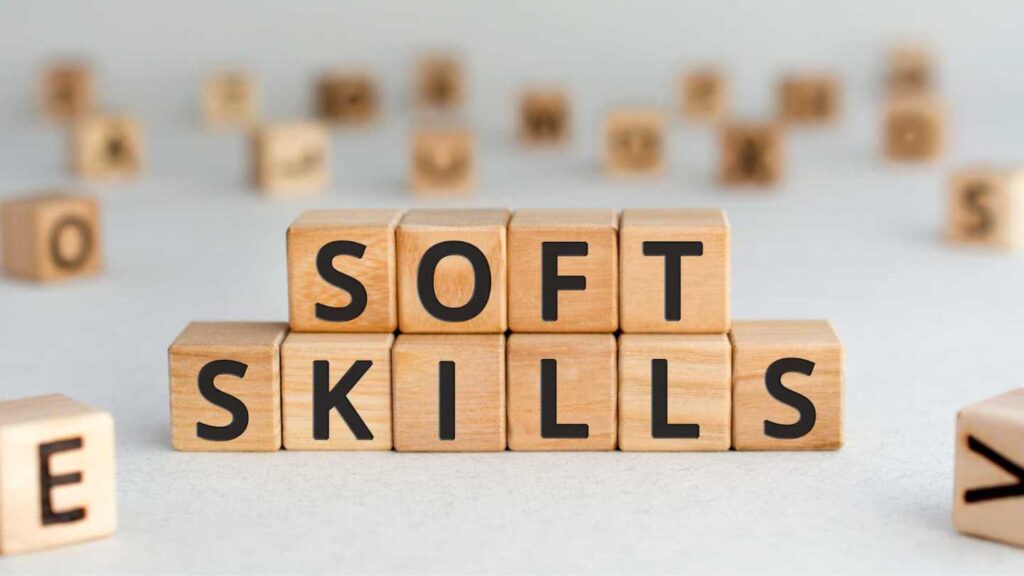In the ever-evolving South African business landscape, technical know-how might get a foot in the door, but it’s soft skills that hold it open. Whether you’re building a leadership pipeline, investing in skills development for B-BBEE compliance, or trying to improve team dynamics, the ability to communicate, think critically, and work well with others is essential.
Soft skills are often undervalued because they’re harder to measure than technical skills, but they’re exactly what elevate teams from competent to exceptional. And for companies serious about long-term transformation and empowerment, soft skills are not just nice to have; they’re strategic tools.
Here are five ways to boost soft skills in your business, with a local lens and compliance goals in mind.
1. Prioritise Communication Training
Let’s be honest, miscommunication is expensive. It leads to missed deadlines, frustrated clients, and internal friction. Whether it’s spoken, written, or digital, clear communication is one of the most impactful soft skills your workforce can develop.
Invest in communication workshops or online courses. Even something as simple as teaching staff how to write better emails or run effective meetings can make a massive difference. This becomes even more valuable when managing diverse teams across languages and backgrounds, something especially common in South African businesses.
Pro Tip: Communication training counts toward Skills Development under the B-BBEE scorecard when structured correctly and offered to designated groups.

2. Introduce Emotional Intelligence (EQ) Workshops
It’s one thing to work hard. It’s another to work well with others. Emotional intelligence helps individuals manage their emotions and navigate interpersonal relationships with empathy and insight, vital for leadership, customer service, and teamwork.
EQ can be taught and improved. From mindfulness sessions to leadership coaching, giving employees the tools to self-regulate and understand others improves morale and reduces workplace conflict.
Plus, when leaders lead with emotional intelligence, retention and performance improve, two birds, one workshop.
3. Create Real Opportunities for Collaboration
It’s hard to learn soft skills in a vacuum. People need practical, everyday chances to collaborate across departments, age groups, and cultural backgrounds.
Encourage mixed-team projects, cross-functional brainstorming sessions, or mentorship programmes that bring junior staff together with more experienced colleagues. These real-life interactions build conflict resolution, problem-solving, and listening skills, without feeling like “training.”
How do Collaborative Initiatives Support Soft Skills
Initiative | Soft Skills Developed | Benefits |
Cross-department project teams | Teamwork, communication | Enhanced employee engagement scores |
Peer mentorship programmes | Leadership, empathy | Supports Skills Development element on your B-BBEE Scorecard |
Job shadowing and role-swaps | Adaptability, curiosity | Boosts exposure for underrepresented groups |
Community outreach volunteering | Social awareness, responsibility | Contributes to Socio-Economic Development on your B-BBEE Scorecard |
Internal knowledge-sharing sessions | Presentation, feedback handling | Encourages a culture of learning |

4. Incorporate Soft Skills Into Performance Reviews
You get what you measure. If soft skills don’t show up in performance assessments, employees won’t take them seriously. Include elements like communication, initiative, and teamwork as criteria when reviewing performance or allocating bonuses.
This shift tells your team that emotional intelligence matters just as much as technical outputs. It also creates space for feedback conversations that help people grow, not just hit KPIs.
5. Align Soft Skills Development with B-BBEE Strategy
Here’s where things get especially relevant for South African businesses. Many organisations miss the opportunity to link soft skills development with their B-BBEE goals. That’s a mistake; not only can this be structured to earn you Skills Development points, but it also strengthens your business where it matters most: in human capital.
By designing tailored training initiatives that prioritise soft skills for designated groups (as per B-BBEE guidelines), you’re not just ticking boxes, you’re creating future-ready teams and unlocking higher scorecard performance.

Why Soft Skills Matter More Than Ever
Today’s South African workforce needs to be technically capable and emotionally intelligent. Whether you’re preparing employees to step into management, equipping youth with entry-level job readiness, or building inclusive leadership teams, soft skills are foundational.
And for B-BBEE compliance? Well, training isn’t just about certificates, it’s about impact. When training programmes focus on soft skills, you get measurable business outcomes and stronger compliance alignment. It’s the win-win most companies overlook.
Final Thoughts
Developing soft skills is not a luxury. It’s a competitive edge. And when done right, it doesn’t just help your teams communicate better, it enhances your transformation journey, boosts your B-BBEE score, and sets you up for long-term success.
At FinX BEE, we specialise in integrating people development strategies into effective, compliant B-BBEE solutions. From ownership structuring to tailored skills development initiatives, we help you turn training into transformation.
👉 Let’s talk about how we can build soft skills into your B-BBEE strategy today. Contact FinX BEE to get started.

